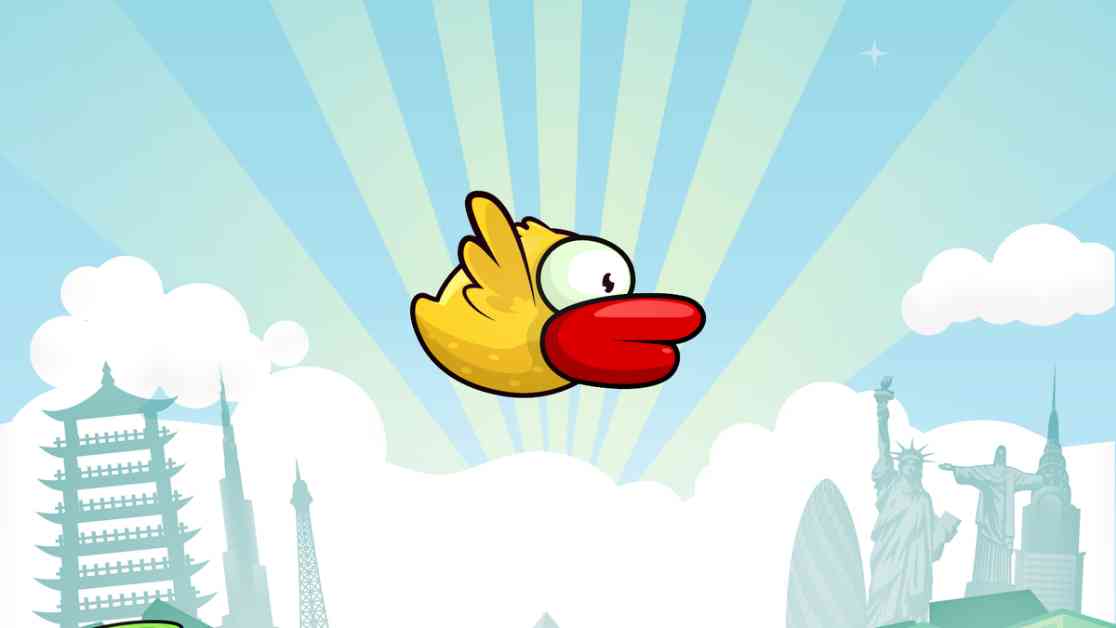Flappy Bird, the iconic autorun-style game that took the mobile gaming world by storm a decade ago, is making a comeback. However, this revival comes with a twist as the original creator, Dong Nguyen, is nowhere to be found. Instead, a group known as The Flappy Bird Foundation has taken the reins, announcing the return of the beloved game after acquiring the official trademark.
The journey of Flappy Bird’s trademark is a tangled web of legal battles and acquisitions. Dong Nguyen initially applied for the trademark back in 2014, but the process was marred by opposition from various US companies, including Gametech Holdings LLC and Mobile Media Matters. Despite Nguyen’s apparent disinterest in defending the trademark, the US Patent and Trademark Office ultimately deemed it abandoned, allowing Gametech to swoop in and acquire it.
The Flappy Bird Foundation, led by a team of passionate fans, now holds the rights to Flappy Bird and its predecessor, Piou Piou vs. Cactus. The foundation’s spokesperson, known simply as Kek, expressed excitement about bringing the original Flappy Bird back to life and highlighted the game’s influence on developers and gamers worldwide. However, the absence of any mention of Dong Nguyen in the foundation’s announcement raises questions about the true intentions behind the revival.
While the legal intricacies surrounding the trademark acquisition remain murky, one thing is clear: Flappy Bird’s return signifies a new chapter for the beloved game. The foundation promises to preserve the classic gameplay while introducing new features like game modes, characters, and multiplayer challenges. Despite the potential for microtransactions and modern enhancements, the essence of Flappy Bird’s simplicity and charm is expected to remain intact.
As the gaming community anticipates the reemergence of Flappy Bird, questions linger about the ethical implications of reviving a game without the involvement of its original creator. Dong Nguyen’s decision to remove Flappy Bird from sale in the past was driven by a desire to reclaim his simple life and distance himself from the game’s overwhelming success. Now, as Flappy Bird prepares to take flight once again, it raises broader discussions about intellectual property rights and the legacy of viral gaming phenomena.
The Flappy Bird Foundation’s efforts to revive the iconic game may be met with mixed reactions from fans and critics alike. While some may welcome the return of a nostalgic favorite, others may question the foundation’s motives and the implications of profiting from someone else’s creation. As the gaming industry continues to evolve, the story of Flappy Bird serves as a reminder of the complexities surrounding intellectual property and the enduring impact of viral games.
In conclusion, the resurgence of Flappy Bird marks a significant moment in gaming history, showcasing the enduring appeal of a simple yet addictive mobile game. Whether the Flappy Bird Foundation’s revival will capture the magic of the original remains to be seen, but one thing is certain: the legacy of Flappy Bird continues to captivate audiences and spark discussions about creativity, ownership, and the ever-changing landscape of the gaming industry.




















